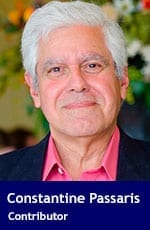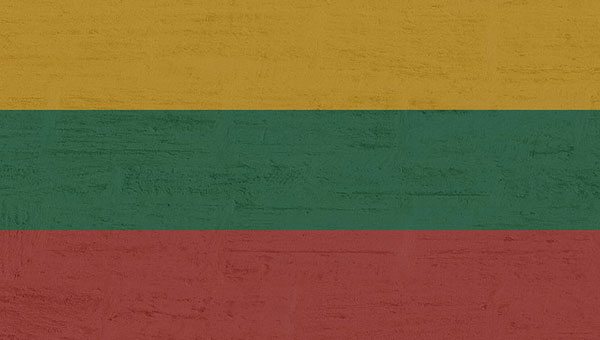 Transition economies describes those eastern European countries that were under the grip of the Soviet Union until 1991 and subsequently moved away from a centrally-planned communist economic system toward a free-enterprise market economy.
Transition economies describes those eastern European countries that were under the grip of the Soviet Union until 1991 and subsequently moved away from a centrally-planned communist economic system toward a free-enterprise market economy.
An invitation from the LCC International University in Lithuania to spend three months there as a visiting professor gave me the opportunity to experience one of those countries. Lithuania is transitioning to a free-market economy.
It’s an opportunity few western economists get, providing a front-row seat to observe Lithuania’s economic transformation in a very personal manner.
I hoped to analyze the transition of the Lithuanian economy from a centrally-planned communist economy to a free-market and entrepreneurially-driven economy.
What’s going on in Lithuania is a sharp contrast to its past. During the Cold War period, former British prime minister Winston Churchill remarked that “From Stettin in the Baltic to Trieste in the Adriatic, an iron curtain has descended across the continent.”
Lithuania is steeped in history, culture and geopolitical importance. It’s always had a strategic military importance because of its position on the Baltic Sea. Over the centuries, Lithuania has been invaded and succumbed to military conquests from Prussia, Germany, the Nazis and the Soviet Union. But its culture has prevailed despite centuries of occupation, and it’s received international accolades for its music, theatre, literature and visual arts.
My overarching impression of Lithuania is that it’s impatient. It seems to be in a hurry to make up for the lost time it spent as a member of the Soviet bloc. It wants to sprint to a western-style economy in weeks instead of years.
Lithuania appears to be economically ambitious but politically fragile. Lithuanians keep looking over their shoulders to make sure that the Russians haven’t crossed the border.
“Are you better off now than you were under the Soviet Union?” I asked of Lithuanians. I received different answers depending on the age of the responder.
Seniors said they were better off during the Soviet occupation, within a communist economic system. Despite being severely limited in the choice of products, they said they could at least afford what was available. Now they said they have more consumer choices but can’t afford them.
The younger generation, on the other hand, clearly value their choices in a free-market economy. They’re predisposed to take entrepreneurial risks. They embrace the fact that the capitalist economy provides them with more opportunities. They’re also aware that their success will be determined by their ambition and smarts.
The word ‘corruption’ is repeated during frank conversations about the communist system and the current economic and political environment. The transition economies of eastern Europe don’t seem to be able to get rid of it.
Confronting the menace of corruption means urgently implementing judicial reforms and ensuring impartial prosecution. It will also be necessary to strengthen government oversight, support a free and vibrant civil society, and end all forms of intimidation, harassment and persecution of activists and journalists.
One of the visible structural realignments is reconfiguring Lithuania’s transportation infrastructure. This involves re-engineering roads, railways and plane destinations away from the Soviet system where all roads led to Moscow to a more modern outreach with destinations towards central and western Europe.
The ultimate prize for transition economies is full membership in the European Union. Indeed, some have already received that coveted reward, mostly for geopolitical strategic reasons.
Most, however, remain in a holding pattern as they renovate the machinery of economic governance, remove systemic corruption, improve their public finances and construct a welcoming foreign investment environment.
But Lithuania recently discovered a missile silo that was kept secret during the Soviet occupation and since, in the middle of a dense forest. So remnants of the past still remain and must be shaken off.
Dr. Constantine Passaris is a professor of economics at the University of New Brunswick and a national research affiliate of the Prentice Institute for Global Population and Economy at the University of Lethbridge.
The views, opinions and positions expressed by columnists and contributors are the author’s alone. They do not inherently or expressly reflect the views, opinions and/or positions of our publication.

